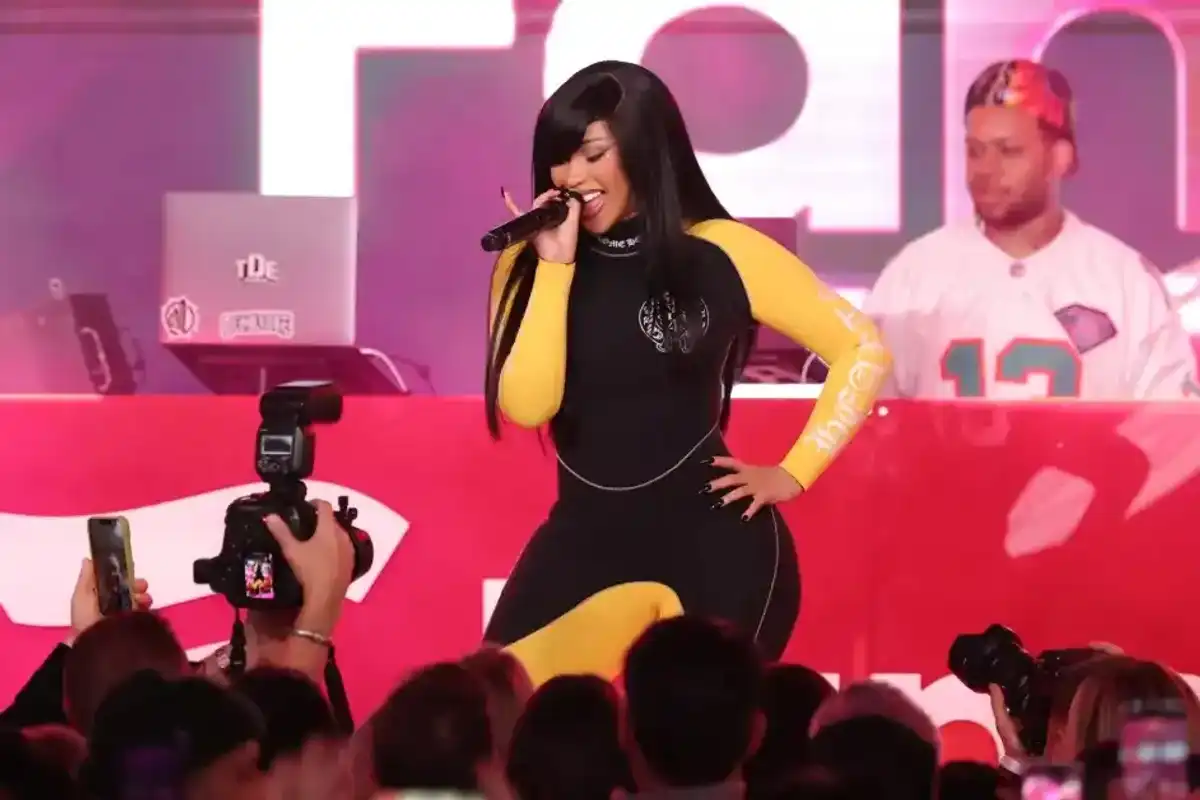Five Questions With… Hannah Georgas
The synth-pop star is earning kudos for her fourth album All That Emotion. Here she describes the evolution represented by the record, the experience of working with The National’s Aaron Dessner, and her upcoming live-streamed shows.

By Jason Schneider
With the release of her fourth album All That Emotion, singer-songwriter Hannah Georgas can now claim to have something in common with Taylor Swift: A shared producer in the form of The National’s Aaron Dessner. Georgas, however, didn’t go in a rootsy direction on All That Emotion as Swift did on her recent folklore; instead, she incorporated Dessner’s sonic skills to create 11 synth-pop gems that are both evocative and meditative.
Georgas began creating All That Emotion in 2017, following her previous album For Evelyn, by starting an intensive writing and demoing process in her Toronto apartment, which was completed during a month-long retreat in Los Angeles. Final tracks were then laid down in concentrated blasts in mid-2018 at Dessner’s studio in upstate New York, Georgas’s first experience making an album outside of Canada.
The end results are, according to Georgas, her most personal album to date, from the mesmerizing lead single Dreams, to the calmly enveloping Just A Phase, and slow-burning synth-pop gem Easy.
All That Emotion is out now on Arts & Crafts and Georgas performs a special live stream show at Taurus Studios in Toronto on Wednesday, Sept. 30 at 8 pm EST. For ticket information go to outermostagency.com/stream/hannah-georgas.
How does All That Emotion stand apart from your past work?
It stands out as some years can in people’s lives. You’re still the same individual but things are different and you’ve experienced different things. This album feels like a progression of the music I’ve made in the past. I’m constantly learning things about myself as an artist and individual. Growth and life experiences all affect my creativity and I can hear that listening back.
How did you wind up working with Aaron Dessner, and what did he add to your overall creative process?
I reached out to Aaron about the idea of working with him on music. I love his work and I wanted to see if it would be possible to do something with him. We struck up a conversation and I started sending him demos over email. That back and forth went on for a while and in 2018 we set aside time to get together to record at his studio. I really admire his instincts and it felt refreshing to get his feedback. He has the ability to make things sound so lush. He provides such intricate details and still has a way of maintaining a lot of space, which I appreciate.
What songs on the album have particularly special meaning for you?
They all hold a special place for me in some way, but I really like the way Cruel came together. It’s a ballad I wrote on the piano. The last line in the song explains the overall sentiment, which is that the thing you hate the most is what you keep repeating. I was trying to say that “hurt people hurt people.” The song is about trying to understand such behaviour and at the same time questioning why one can’t take responsibility for themselves.
How have you adapted to engaging with your audience over the past few months?
I think people really want to hear music now more than ever, so I’m happy that the album is out there. It’s a tricky time and I’m definitely trying to adapt and figure it all out as I go. After we do the album launch live-stream show on Sept. 30, I’ll be putting together some other live-stream things as well.
What's your mindset looking ahead to next year and the prospect of hopefully playing live?
I’m just taking it one day at a time at this point. We have plans to tour next year but it’s up in the air. I just want to be safe and go back to playing when it’s the right time to do so.

















